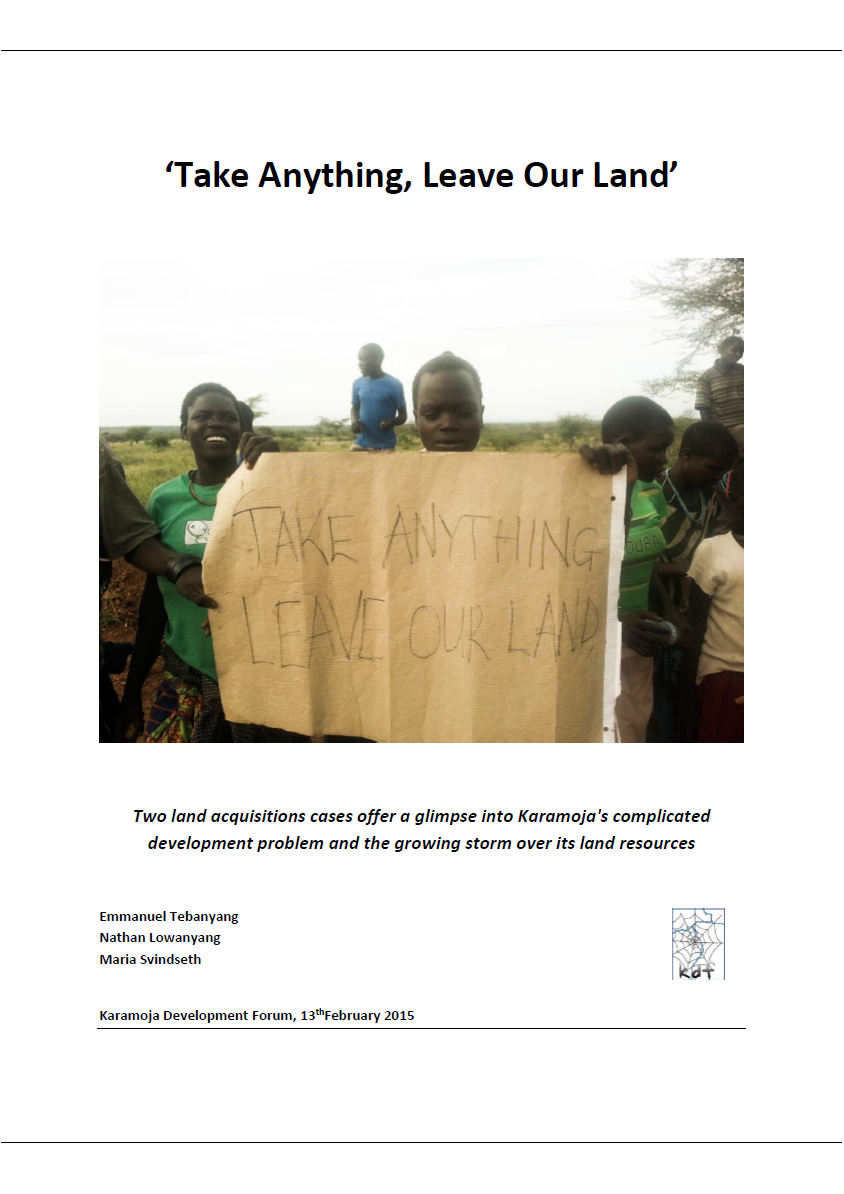Location
Kampala
Uganda
Advocates Coalition for Development and Environment (ACODE) is an independent public policy research and advocacy think tank based in Uganda working in East and Southern Africa. ACODE was first registered in 1999 as a Non-governmental organization (NGO). In 2004, the organization was incorporated as a company limited by guarantee and without having a share capital. ACODE is one of the most dynamic and robust regional leaders in cutting-edge public policy research and analysis in a range of areas including governance, trade, environment, and science and technology. ACODE has, for the last four consecutive years, been ranked in the Global Go To Think Tank Index as one of the best think tanks in Uganda and one of the top think tanks in the world. Think Tanks in Africa continue to play a major role in policy development and implementation. The Advocates Coalition for Development and Environment (ACODE) has been ranked 23 out of 92 Top Think Tanks in Sub-Saharan Africa and 29 out of 90 globally with Best Advocacy Campaign in the 2015 Global Go To Think Tank Index Report (TTI), led by the University of Pennsylvania through its Think Tanks and Civil Societies Program (TTCSP).
ACODE is non-partisan and independent and therefore does not align with any political party or political organisation. However, given the direct relationship between development policy and politics, we believe that our work is political and it must stand for certain political causes of a bi-partisan nature. Such causes are legitimate issues of research interest so long as they are defined on the basis of constitutionalism, the rule of law as well as national and regional interests as expressed in the relevant treaties, strategy documents and declarations. ACODE's work is based on three broad programmes areas: Environmental Democracy, Peace and Democracy, and Innovation and Biotechnology Policy. Our core business is to undertake advocacy-driven public policy research and analysis on contemporary and emerging public policy and governance issues that have a significant impact on national development.
Members:
Resources
Displaying 16 - 20 of 52Developing a Land Conflict Monitoring and Mapping Tool for the Acholi Sub-Region of Northern Uganda
Well before the effective ending of the protracted Lord’s Resistance Army (LRA)
insurgency in northern Uganda in July 2006, and at a time when the entire rural
population was displaced into camps, concerns had emerged around land, in particular
in the Acholi sub-region, where the war had been most intense and longest lasting
(Adoko & Levine 2004). Through forced displacement, almost all rural Acholi
families has been prevented from occupying their land for many years, years in which
Community-based monitoring of land acquisition
The constitution and enabling legislation in Uganda, as in many other countries, empower the government to acquire land in the public interest. Under Ugandan law a person whose land is identified for a public purpose must be compensated fairly, promptly, and prior to the acquisition of the property.
THE UGANDA NATIONAL LAND POLICY IMPLEMENTATION ACTION PLAN 2015/16 – 2018/19
The Uganda National Land Policy (NLP) Implementation Action Plan is a deliberate resolution by the Government of Uganda to address major challenges that have hindered the implementation of land reforms, thereby impeding the optimal utilisation of land for socio-economic development and transformation. Although successive post-independence governments have made numerous efforts to streamline land governance and reconfigure the role of land in national development, the majority of these efforts have failed to address underlying issues and have thus remained unimplemented to date.
Take anything, leave our land
The Karamoja region in Northeastern Uganda, covering an area of 27,200 square kilometers, is inhabited by around 1.2 million people who live in seven districts; Moroto, Nakapiripirit, Napak, Amudat, Abim, Kotido and Kaabong. Its residents are mainly Ngakarimojong speaking peoples, but the area is also home to the Ethur, Labwor, Pokot, and indigenous minorities such as the Tepes and the Ik.
Draft Final Report of the Implementation of The Land Governance Assessment Framework In Uganda
The Land Governance Assessment Framework (LGAF) is a diagnostic tool for the evaluation of the legal framework, policies and practices regarding land and land use. The LGAF is based on a comprehensive review of available conceptual and empirical material regarding experience in land governance (refer to Land Governance Assessment Framework: Conceptual Approach, Formulation and Methodology). In 1995, the Uganda government embarked on land reform starting with the Constitutional provisions. Land reform was imperative because of the country’s turbulent land tenure history.






